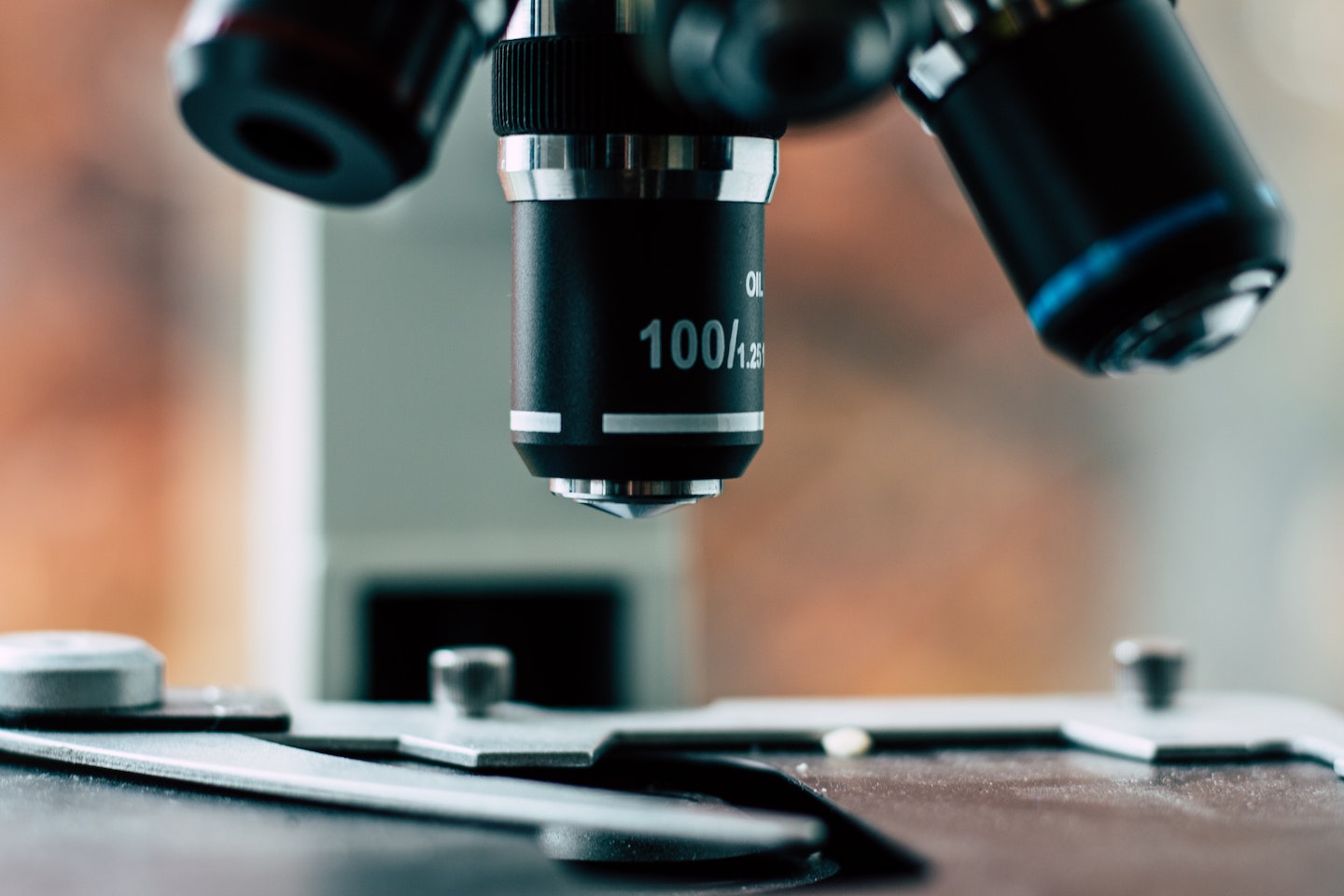ASX-listed biotechnology company Cynata Therapeutics has sealed a partnership agreement with Fujifilm as it makes a big step towards a commercial manufacturing deal for its proprietary Cymerus stem cell therapy products and eyes an accelerated push into the all-important United States drug market. The company is planning a stage two trial of the therapy to treat bone marrow recipients.


Clinical stage biotechnology company Cynata Therapeutics has sealed a partnership agreement with Fujifilm as it makes a big step towards a commercial manufacturing deal for its proprietary Cymerus stem cell therapy products and eyes an accelerated push into the all-important United States market.
Cynata is currently trialling its lead stem cell therapy product, known as CYP-001, as a treatment for a range of conditions, including heart attack and osteoarthritis. However it is elevating its focus on trials to demonstrate its effectiveness in treating serious complications from bone marrow transplant surgery.
Under the partnership agreement, Cynata and Fujifilm have set out core terms for Fujifilm to provide clinical and commercial manufacturing services for the production of Cymerus mesenchymal stem cell, or “MSC”, products. These stem cells are derived from induced pluripotent stem cells, or “iPSC”, as opposed to standard stem cell products derived from bone marrow.
The two companies will negotiate a manufacturing services agreement over the next 90 days.
Melbourne-based Cynata says it plans to work with Fujifilm towards shifting manufacturing processes in place with Cynata’s current contract manufacturer, Waisman Biomanufacturing, to Fujifilm’s operations. In the interim period, Waisman will continue to manufacture Cynata products for use in current clinical trials.
The partnership agreement specifies terms to be included in the manufacturing agreement for Fujifilm to undertake technology transfer, process validation and manufacturing, under stage-by-stage, commercial, arms-length arrangements. Details are being finalised and Cynata has made an in-principle commitment to spend US$2 million on the process and Fujifilm will have first rights to manufacture the Cymerus MSC products.
Importantly, Cynata said it had regained commercialisation rights to CYP-001 as a treatment for graft versus host disease, or “GvHD”. GvHD is a serious complication that can occur after a bone marrow transplant or similar procedure where a donor’s immune cells attack the recipient of the transplant. Cynata sees CYP-001 as filling a gap in the market because the only approved treatment is corticosteroid therapy which is effective in about 50 per cent of patients only.
Cynata will press ahead with a strategy to find a market for the therapy in the United States, where it has already secured “orphan drug designation”.
The company said CYP-001 has met all clinical endpoints and demonstrated safety and efficacy for the treatment of GvHD in a phase one trial and results were published in the journal, Nature Medicine. Cynata will now move to a phase two trial in the US using an iPSC master cell bank created by Fujifilm.
Cynata Chief Executive Officer Dr Ross Macdonald said he looked forward to Fujifilm’s extensive experience in cell therapy manufacture being of long-term benefit to Cynata. “With Cynata having secured Orphan Drug Designation and regaining development and commercialisation rights to the GvHD indication we are excited to accelerate development in the important US market. This is especially so with our Cymerus technology addressing many of the complexities and challenges of manufacturing MSCs at commercial scale and with the US Food and Drug Administration having shown a willingness to consider MSCs as a new treatment,” Dr Macdonald said.
Fujifilm Life Sciences Division General Manager Yutaka Yamaguchi said: “The new strategic agreement builds on the partnership with Cynata to maximise the strengths and resources of both companies and further promote industrial application of iPSC cell-derived regenerative medicine.”
Cynata’s planned phase two trial of CYP-001 on GvHD comes on top of an already busy clinical trial pipeline, which currently includes treatments for osteoarthritis and respiratory distress with a third, focused on diabetic foot ulcers, scheduled for later this year.
Is your ASX-listed company doing something interesting? Contact: matt.birney@businessnews.com.au






